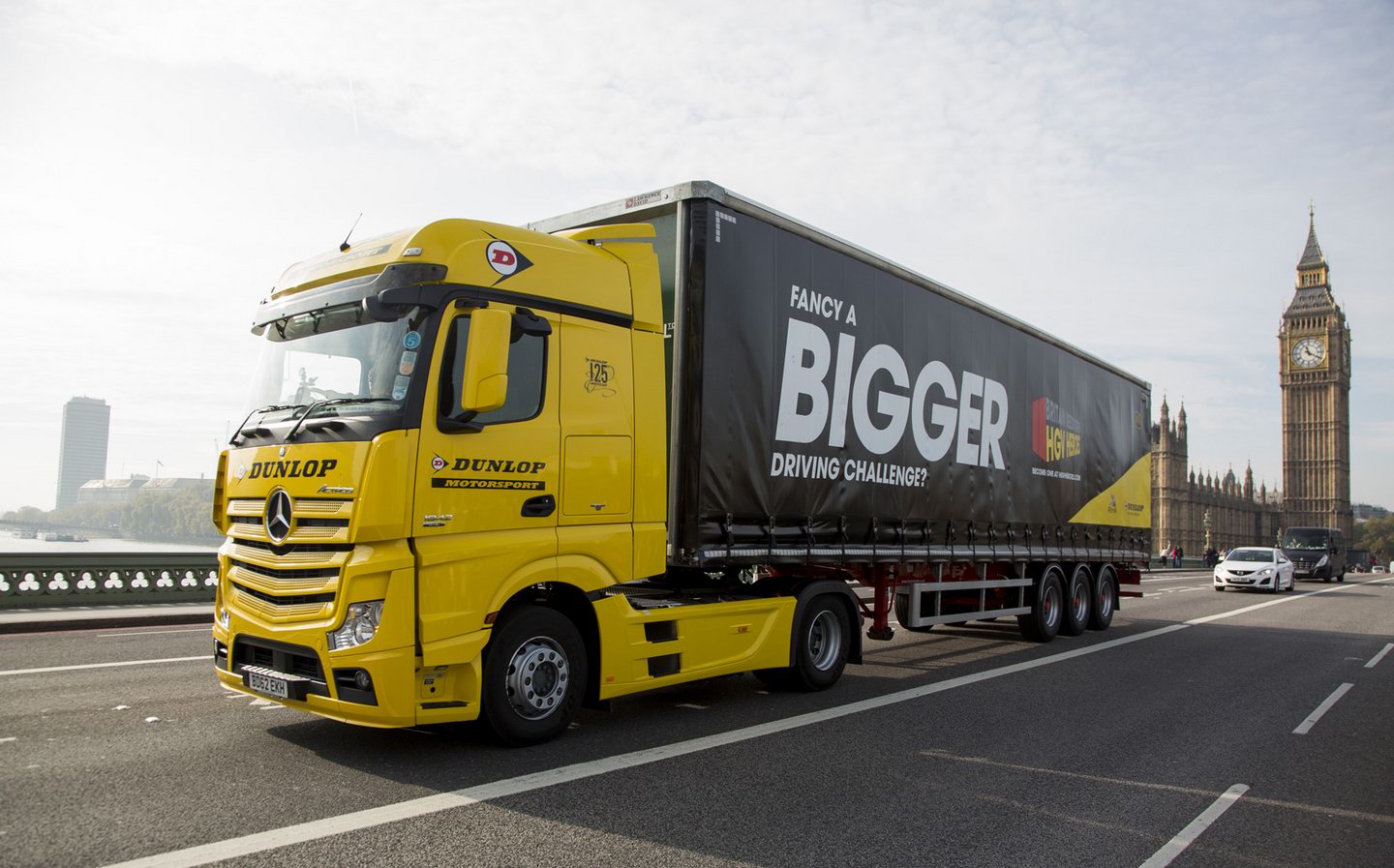Government confirms ban on diesel lorries by 2040
Net zero emissions targets for goods transport in place
THE SALE of new diesel lorries will be banned in the UK by 2040 at the latest, the government confirmed today.
The announcement comes on the same day that the British government releases a new far-reaching plan for transport decarbonisation, covering all aspects of the industry.
In November 2020, the government announced that a ban on the sale of new petrol and diesel cars would be moved forward by five years, from 2035 to 2030. New hybrid cars will also be banned from 2035.
At the time the government said that it would consult on a ban of diesel lorries but did not specify when such a ban would come into effect. Now that has been confirmed as 2040, or earlier if technically feasible.
In February this year, the National Infrastructure Commission (NIC) published a report suggesting that an outright ban on the sale of new diesel heavy goods vehicles (HGVs) by 2040 was required to prevent road and rail freight accounting for as much as a fifth of the UK’s residual greenhouse gases by 2050.
Some 1.6 billion tons of freight are transported within the UK each year, a figure that’s expected to rise with the significant increase in online shopping since the start of the coronavirus pandemic.
New HGV registrations increased by 9.5% in the first three months of 2021, bouncing back from the crisis.
Grant Shapps, the transport secretary, said his department had published a consultation on phasing out the sale of all new non-zero emission heavy goods vehicles by 2040, “demonstrating our commitment to tackle the second largest source of domestic transport carbon emissions and furthering our ambition to decarbonise UK roads.”
The government is targeting 2027 to fully convert its own 40,000-strong vehicle fleet to zero emissions, while it has reiterated its commitment to a net zero rail network by 2050 and net zero domestic aviation by 2040.
There have been no incentives or taxation changes announced to encourage lorry manufacturers to switch to electric power, as the government appears to be relying on the advancement of technology.
The Petrol Retailers Association (PRA) has described the announcement as “optimistic but completely unrealistic.”
Gordon Balmer, PRA Executive Director, said: “We welcome the government’s good intentions for decarbonising transport; however they have to be based on what is achievable.
“Alternatives to diesel such as electric and hydrogen have not yet been developed to a point where they can be sold into the commercial freight sector. You cannot legislate your way to inventing cleaner technologies. Without a roadmap, this is a mere aspiration.
“Whilst PRA members are supportive of the principle of decarbonisation, there needs to be a realistic and well-thought-out plan to support these proposals, including how refuelling infrastructure will support alternative fuels such as hydrogen.”
However, Essa Al-Saleh, CEO of pure-electric truck manufacturer Volta Trucks, said: “The publication of the UK government’s Transport Decarbonisation Plan is welcome because it gives British fleet operators and buyers a level of certainty that didn’t previously exist.
“That said, the ban on internal combustion engine trucks by 2040 is nearly 20 years away, and today’s climate emergency cannot wait. Trucks account for less than 2% of road vehicles but 22% of CO2 emissions from road transport, and the relative share of truck emissions is certain to increase as emissions from passenger cars are driven downwards by the surge in the sales of electric cars.
“It’s therefore disappointing that the UK government hasn’t been as ambitious as the French authorities, for example, who have banned diesel engine trucks from the streets of Paris and other large city centres by the end of 2023. This type of progressive legislation, twinned with incentives, is what’s needed to accelerate the migration to zero emission large commercial vehicles.”
The UK will host the UN Climate Change Conference of the Parties (COP26) in Glasgow later this year.
Tweet to @Shane_O_D Follow @Shane_O_D
- After reading that the Government confirms ban on diesel lorries by 2040, you might be interested to read how motorways could get power lines for electric lorries
- We’ve also done a handy Q&A to answer any questions you might have about the 2030 ban on petrol and diesel cars
- Read about the car brands’ electric vehicle plans for 2021 and beyond





